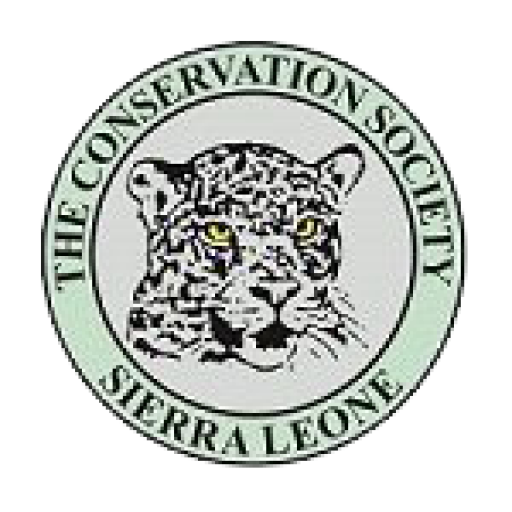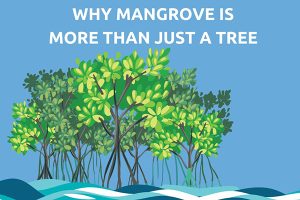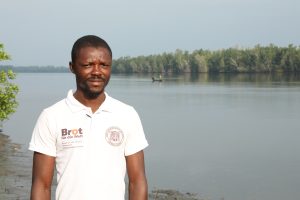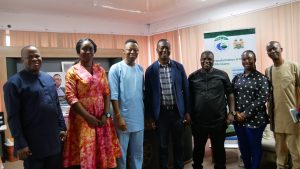As Sierra Leone continues to prepare for possible oil production activities, expectations of high socio-economic boom are rife in all walks of life, particularly across the political spectrum. It is however believed that the marine coastal environment and associated communities stand to be adversely affected by oil and gas activities.
Today, there is growing concern that the activities of some institutions and companies (e.g. factories, fishing companies, garages, oil dealers, etc.) dealing with oil products pose serious threats to the environment.
To mitigate the negative impacts of oil pollution on the environment, the Conservation Society of Sierra Leone (CSSL), received support from the MAVA Foundation through the Regional Programme for Conservation of the Coastal and Marine Zone (PRCM) to undertake a range of sensitization activities to increase key stakeholder engagement and public awareness about these issues.
On October 15, 2020, the Coalition on Oil and Gas Pollution on the Environment in Sierra Leone (COGaPE-SL) embarked on a site visit to identify specific areas where oil pollution was suspected to be taking place in and around Freetown. The coalition was formed by CSSL in 2019, and constitutes relevant government institutions, oil dealing companies and environmental civil society organizations. The one day long on-the-spot visit targeted the national Electricity Generation and Transmission Company (EGTC), Shalimar Tricycle Company, Sierra Fishing Company and a community-based oil recycling installation in Thurpojor community in the outskirts of Freetown. The aforementioned companies, factories and garages are among numerous end-users of oil products in their operations.
General observations made by the team in most of the institutions suggested indiscriminate spillage of used oil which sometimes empties into nearby streams. These observations were however denied when brought forth to the designated personnel. They informed the team that, they do not dispose of waste/used oil directly; instead, they supply it to timber industries to fuel their power-saw machines and also to manufacturers of blocks who use it as a casting lubricant.
The team also discovered illegal diesel production at Thurpojor community in the Western Area Rural District Council (WARDC), outside Freetown. The community people, who were suspected of benefiting from the illegal practice, were not ready to cooperate with the visiting team. However, the team followed traces of oil spills that eventually led them to the hideout in the woods close to a river, where several reservoirs of burned oil and a distillation facility were discovered.
On the 10th November 2020, CSSL and COGaPE set out to conduct community engagement and sensitization activities in 5 coastal communities in Pujehun district, south of Sierra Leone. The five-day event aimed at providing key information of oil and gas industries in and around their communities and on the wetlands, and how such activities if not well regulated, have the potential to destroy marine life and the environment generally. The communities covered included Solima, Liya, and in Sorogbema chiefdom, and Gbondapi and Blamapuila in and Kpanga Kabonde chiefdom.
Before the engagements in communities, the sensitization team paid a courtesy call to the Pujehun District Council to officially inform them about the activity and solicit their support. The district’s Chief Administrator, Mr. Sahr Emmanuel Yambasu and the Environmental and Social Officer (ESO), Mr. Timothy A. Kamara, welcomed the team and helped in identifying the strategic communities to target in the campaign. Mr. Yambasu noted that, the activity was a welcome news to all in the district, adding that he only hoped the relevant government authorities would treat the security attached to oil and gas issues with the desired seriousness. He emphasized that, “… often times, government officials only place premium on the high economic boom that comes with oil business, disregarding the security and community development of the affected areas”. He requested the district SEO to support the team with all relevant information required to ensure a successful campaign.
In the communities, huge crowds turned out to witness the sessions. Prominent among the messages covered was early warning signs. The team clearly explained to communities the various indicators or signs denoting oil spills on marine environment. They used video documentaries, jingles, posters and stickers with key messages to support in the sensitization drive. During the sessions, participants applauded the efforts of CSSL, COGaPE and donor partners for what they described as laudable initiative.



